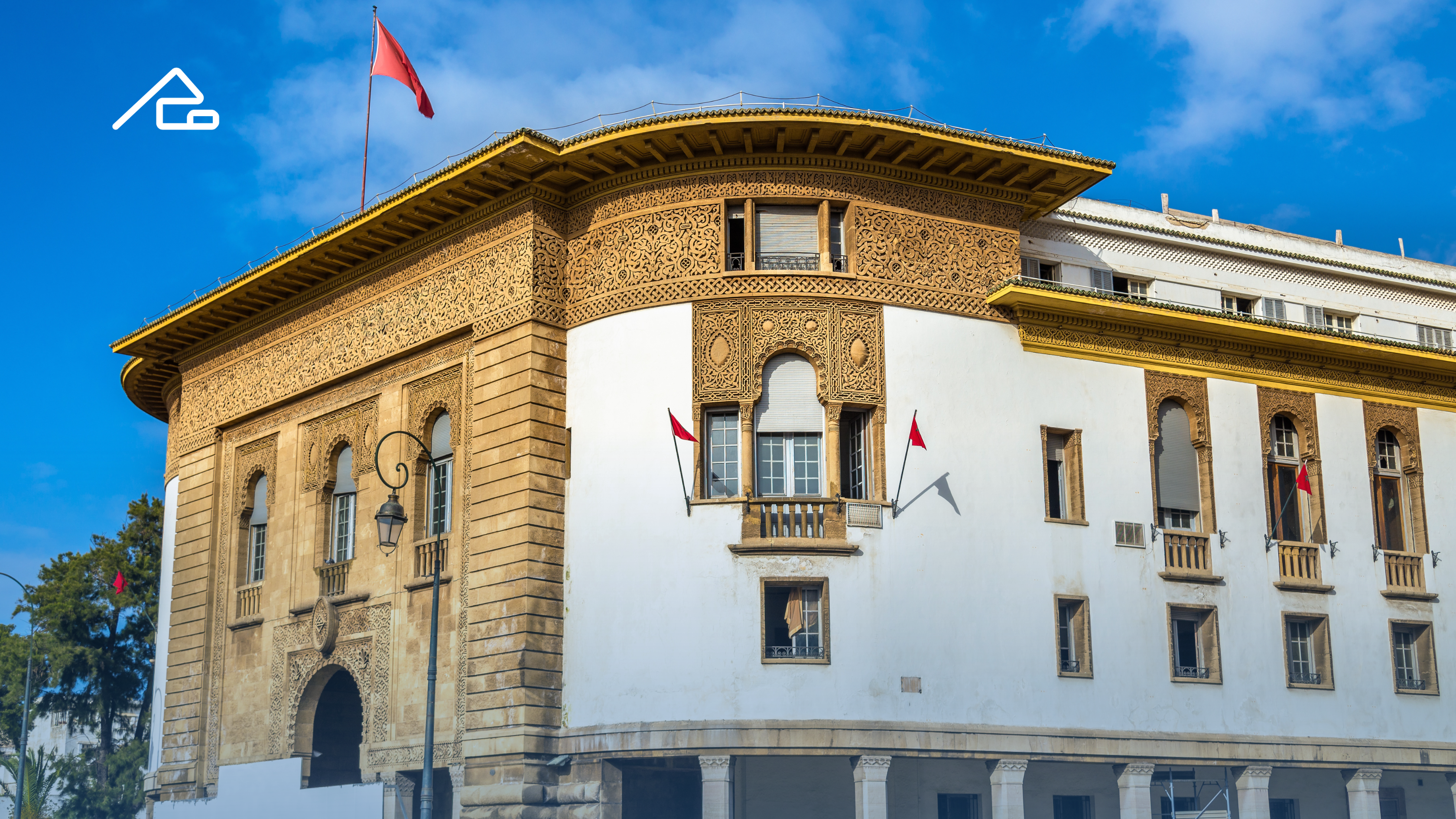Draft Finance Bill: Ambitious Goals for 2024
Morocco aims to achieve ambitious goals outlined in its Draft Finance Bill (DFB) for the year 2024, while seeking to build upon the progress made in the past two years. However, the recent earthquake that impacted the country, causing significant economic repercussions, might pose challenges in meeting these objectives.
This proposal unveils several pivotal directions aimed at strengthening the economy and enhancing the social welfare of Moroccans. One of the most notable aspects is the targeted inflation rate of 3.4% for 2024, reduced to 2% starting in 2025. To achieve this, the government will prioritize economic stability and implement major commitments, notably the ‘Green Generation’ strategy with a budget allocation of over 110 billion dirhams to support agriculture and improve food production and distribution. Managing water resources will also play a crucial role, with 143 billion dirhams allocated from 2020 to 2027 to ensure potable water supply and irrigation, particularly through interconnection projects of water basins and the construction of new dams.
The government is also committed to bolstering the social welfare system by launching the family allowance program by the end of 2023, following the widespread implementation of Mandatory Health Insurance. The required funding will come from the reform of existing social programs and improvements in targeting through the National Population Registry and the Unified Social Register. Consequently, significant reforms are planned in healthcare, education, and the judicial system to modernize these areas and enhance the quality of services provided.
Modernizing the judicial system, renovating courts, and enhancing personal skills are a priority. Administrative decentralization and advanced regionalization will also be implemented to improve public governance and reduce regional disparities. Concurrently, the government will streamline administrative procedures, facilitate land access, and develop new financing tools to attract an investment of 550 billion dirhams in partnership with the private sector, thereby creating 500,000 jobs between 2022 and 2026.
Another major objective of the DFB is to gradually reduce the budget deficit to around 4%, aiming for an economic growth of approximately 3.7% in 2024. This will require reforming the organic law related to the Finance Act to control debt and broaden its scope to include public entities. Tax reform, particularly VAT reform and the integration of the informal sector, is also a priority in 2024.
Summary:
- VAT reform;
- Reform of the overall situation assessment mechanism for individuals;
- New tax amnesties;
- New customs measures.
In conclusion, the 2024 DFB reflects an ambitious vision for the future, with tangible objectives to boost economic growth, strengthen the social welfare system, implement structural reforms, and ensure the sustainability of public finances. However, it remains to be seen whether the government will have the means to fulfill its ambitions, especially considering that initial financial efforts will need to focus on reconstruction after the Al Haouz earthquake.

